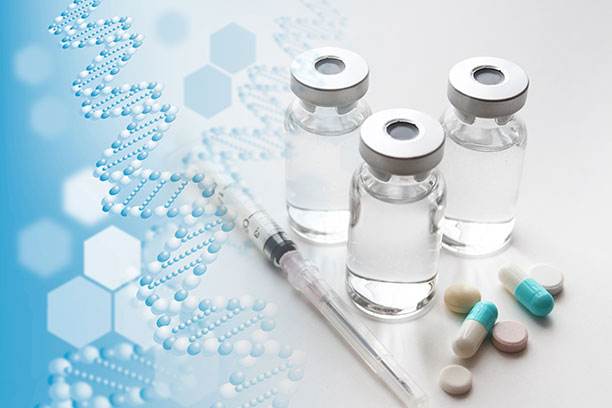We evaluate chromosome aberration induction using micronucleus induction in juvenile erythrocytes from bone marrow or peripheral blood as an indicator. This assay can detect aneuploidy inducers and has the advantages of easier observation and longer detectable period of abnormality compared to chromosome aberration tests, and can be incorporated into general toxicity tests.
Clients may select a bone marrow (peripheral blood) micronucleus assay with a wide range of administration periods, i.e. from short-term (single or twice) to a 28-day repeated dosing, that corresponds with the genotoxicity study ICH guideline revised in 2011. With our abundant background data, we are also able to integrate bone marrow/peripheral blood micronucleus assays into a general toxicity studies to comply with the ICH and OECD guidelines.

